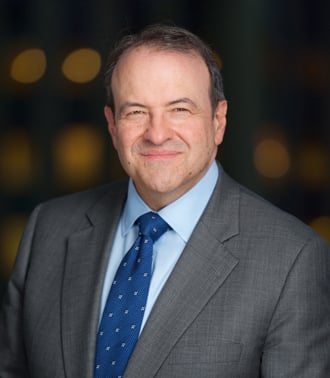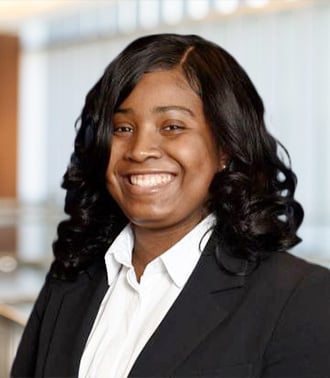Fourth Time Is Apparently Not a Charm: Court Rejects Relator’s Work Product Claim Over Communications Between His Expert and the Government
Does the work product doctrine protect communications between a party’s expert and the government? A court in Kentucky recently grappled with that issue in the False Claims Act (FCA) context — and found that the relator’s work product claim came up (repeatedly) short.
In United States ex rel. Scott v. Humana, Inc., No. 3:18-CV-00061-GNS-CHL, 2023 WL 3470893 (W.D. Ky. May 15, 2023), the district court sanctioned a relator for his repeated failures to produce documents and testimony related to meetings that the relator’s expert — a former Chief Actuary of the Centers for Medicare & Medicaid Services (CMS) — had with CMS and the Department of Justice (DOJ).
The discovery dispute harkens back to July 2020 when defendant Humana learned during its deposition of the relator’s expert that, in 2018 and 2019, the expert had participated in several meetings with CMS and DOJ officials. Despite Humana’s assertion that the communications were discoverable and should have been produced, the relator argued that the expert’s communications with the government were protected work product under Federal Rule of Civil Procedure 26(b)(4)(D). After Humana moved to compel, the court issued an order in August 2021 directing the relator to produce nonprivileged documents related to the communications and make the expert available for a supplemental deposition.
During the supplemental deposition of the expert, relator’s counsel repeatedly instructed him not to answer questions about comments he made to government officials and vice versa, “if doing so would reveal ‘Relator’s counsel’s legal strategy.’” Humana’s counsel moved to compel once again, this time seeking sanctions.
In rejecting the relator’s fourth attempt to shield the expert’s communications as work product, the court ordered the relator to produce its expert for a third deposition and produce documents the expert created in connection with his meetings with the government that relator had withheld. The court found that the relator had offered only vague and conclusory assertions “without details or substance” that the withheld communications contained attorney work product, noting that it had previously held that the expert’s “communications with the government are only protected to the extent that they include work product created on Relator’s behalf by a nonexpert representative, such as Relator’s counsel.” The court explained that the testimony from the relator’s expert indicated that his communications with the government contained “‘factual ingredients’ regarding subject matters related to his opinions and that were formed by him, which are subject to probing in deposition.” That the majority of these meetings were solely between the government and relator’s expert contributed to the court’s skepticism over the relator’s claim that the withheld documents and testimony would “reveal ‘Relator’s counsel’s legal strategy.’” In assessing the various meetings at issue between the expert and the government, the court noted that relator’s counsel was absent from all but one meeting.
Although it is clear that the court found this relator’s pitch for work product protection sorely lacking, the court did not otherwise provide guidance about what facts would enable the relator to protect the communications between the expert and government officials as work product. That said, the absence of relator’s counsel from nearly all of the meetings at issue combined with testimony from the expert himself indicating that the subject matter of the meetings did not involve legal strategy — plus relator’s repeated refusal to comply with the court’s prior orders of production — all appear to have contributed to the unfavorable holding for the relator.
The decision is a reminder that those asserting work product claims bear the burden of establishing the protected nature of the communications and that conclusory claims of “legal strategy” — especially in the absence of direct attorney involvement — will not carry the day.
© Arnold & Porter Kaye Scholer LLP 2023 All Rights Reserved. This blog post is intended to be a general summary of the law and does not constitute legal advice. You should consult with counsel to determine applicable legal requirements in a specific fact situation.



